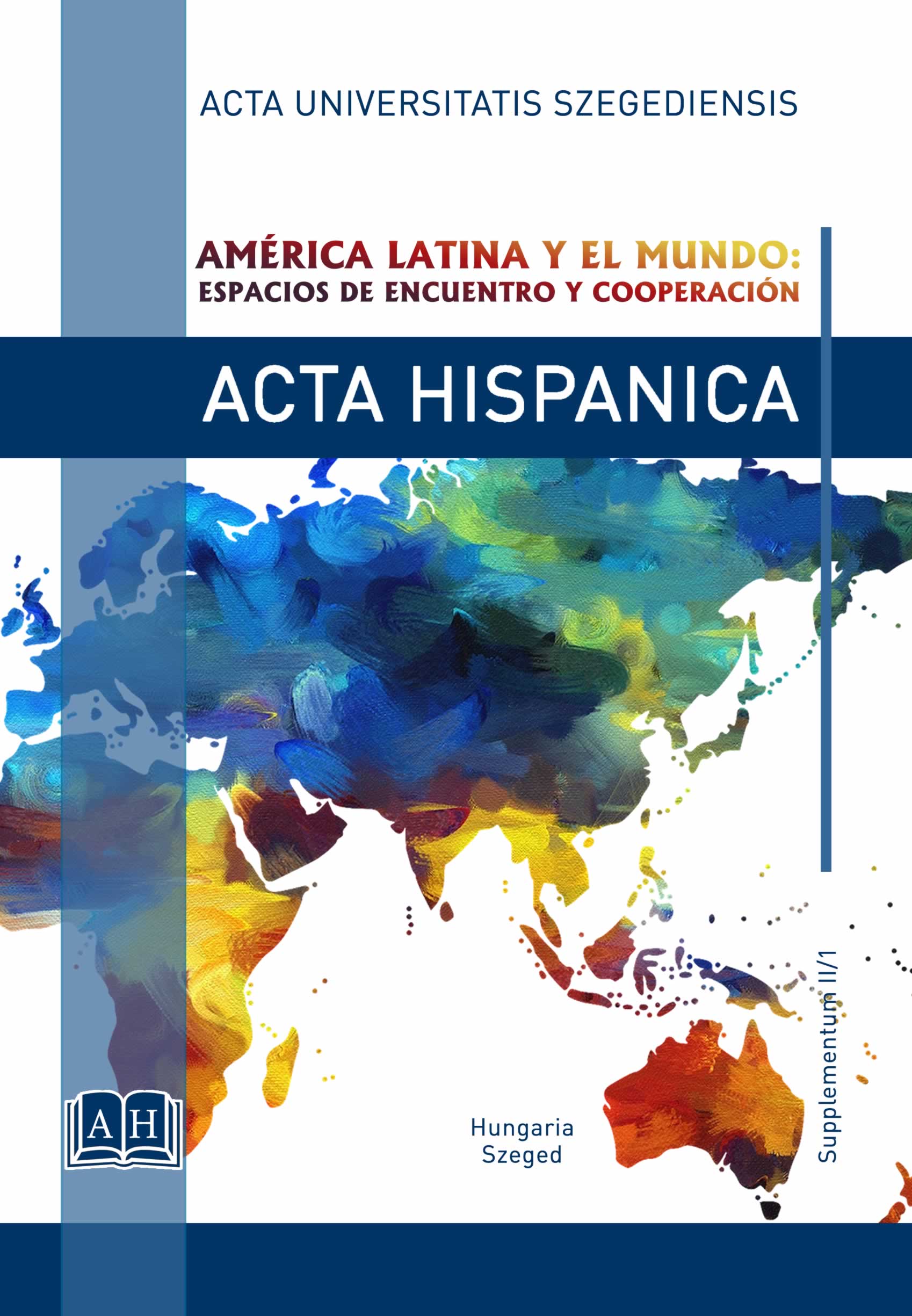Thomas Jefferson on Indigence in Spanish America The Power of the Republican Ideal
Main Article Content
Resum
As has been amply documented, Thomas Jefferson expressed a sincere interest in the
peoples of Spanish America with the waning of colonial rule in the early nineteenth century. I
argue in this paper that a substantial portion of his vision was comprised by implying Spanish
American societies as ones defined through poverty. His understanding of indigence among
peoples of the region was not simply confined to describing their economic condition, but was
linked to a moral-political vision with the problem of independence as the major issue related
economic poverty. I also contend, at the same time, that Jefferson in fact articulated his hope that
Spanish American nations would be able to develop a republican structure of government, made
possible by the special economic situation of the Western hemisphere, thus also implying the
chance of tackling poverty there.
Descàrregues
Article Details
Referències
Bethell, Leslie (ed.) (1987). Colonial Spanish America. Cambridge: Cambridge University Press.
Ford, Paul Leicester (ed.) (1904-1905). The Works of Thomas Jefferson, 12 vols. [Federal Edition]. New York: The Knickerbocker Press.
Ford, Paul Leicester (ed.) (1892-1899). The Writings of Thomas Jefferson, 10 vols. New York: G. B. Putnam’s Sons.
Gibson, Charles (1987). Indian Societies under Spanish Rule. In Bethell (ed.). Colonial Spanish America.
Guzzetta, Charles (1985). Jefferson, Rumford, and the Problem of Poverty. The Midwest Quarterly, 26. 343-56.
Kovács, Ágnes Zsófia (2010). Az útleírás történet (A History Writing of Travel). Híd, 74. 77-78.
Lewis, Jr., James E. (1998). The American Union and the Problem of Neighborhood: The United States and the Collapse of the Spanish Empire, 1783-1829. Chapel Hill: University of North Carolina Press.
Lipscomb, Andrew A. – Ellery Bergh, Albert (eds.) (1903-1904). The Writings of Thomas Jefferson, 20 vols. Washington: The Thomas Jefferson Memorial Association.
McCoy, Drew R. (1980). The Elusive Republic: Political Economy in Jeffersonian America. Chapel Hill: The University of North Carolina Press.
McLeod, Murdo J. (1987). Aspects of the Internal Economy. In: Bethell (ed.). Colonial Spanish America.
Morgan, Philip D. (2004). Slaves and Poverty. In: Smith (ed.). Down and Out. 93-131.
Mörner, Magnus (1987). Rural Economy and Society in Spanish South America. In: Bethell (ed.). Colonial Spanish America.
Peterson, Merrill D. (ed.) (1984). Thomas Jefferson: Writings. New York: The Library of America.
Pratt, Mary Louise (2003 (1992)). Imperial Eyes: Travel Writing and Transculturation. New York and London: Routledge.
Scheer, Arthur (1998). Thomas Jefferson’s ‘Poor Woman’: A Symbol of Sentiment or Social Inequality? The Midwest Quarterly, 39. 329-46.
Sloan, Herbert E. (2001 (1995)). Principle and Interest: Thomas Jefferson and the Problem of Debt. Charlottesville and London: University Press of Virginia.
Sloan, Herbert E. (1993). The Earth Belongs in Usufruct to the Living. In: Onuf, Peter S. (ed.). Jeffersonian Legacies. Charlottesville and London: University Press of Virginia.
Smith, Billy Gordon (ed.) (2004). Down and Out in Early America. University Park: The Pennsylvania State University Press.
Smith, Billy Gordon (2004). Introduction: “The Best Poor Man’s Country?” In: Smith (ed.). Down and Out. xi-xx.
Smith, Daniel Scott (1999). Population and Political Ethics: Thomas Jefferson’s Demography of Generations. William and Mary Quarterly, 3rd ser., 56. 591-612.
Steele, Brian (2008). Thomas Jefferson’s Gender Frontier. The Journal of American History, 95. 17-42.
Steele, Brian (2012). Thomas Jefferson and American Nationhood. Cambridge: Cambridge University Press.
Vajda, Zoltán (2008). “Amazons,” “Angels,” Blacks, and Savages: National Others in Thomas Jefferson’s Thought”. Americana – E-Journal of American Studies in Hungary. 4.
Vajda, Zoltán (2007). Thomas Jefferson on the Character of an Unfree People: The Case of Spanish America. American Nineteenth Century History, 9. 273-292.
Wagoner, Jr., Jennings L. (1999). “That Knowledge Most Useful to Us”: Thomas Jefferson’s Concept of Utility in the Education of Republican Citizens. In: Gilreath, James (ed.). Thomas Jefferson and the Education of a Citizen. Washington: Library of Congress.
Washington, H. A. (ed.) (1869). Writings of Thomas Jefferson, 9 vols. New York: H. W. Derby.
Whitaker, Arthur P. (1962 (1941)). The United States and the Independence of Latin America, 1800-1830. New York: Russell and Russell.





